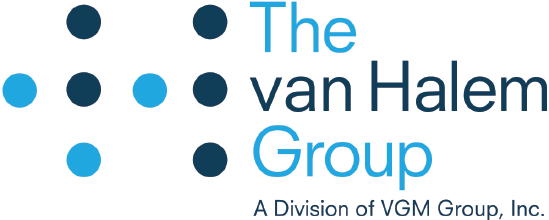As part of your compliance program, providers should regularly check to ensure employees and business associates have not been identified as an excluded individual with the Office of Inspector General (OIG). The OIG has the authority to exclude individuals and entities from Federally funded health care programs for a variety of reasons, including a conviction for Medicare or Medicaid fraud. Those that are excluded can receive no payment from Federal health care programs for any items or services they furnish, order, or prescribe. This includes those that provide health benefits funded directly or indirectly by the United States. Anyone who hires an individual or entity that has been excluded by the OIG may be subject to civil monetary penalties (CMP).
As a healthcare provider, if you receive payment from CMS, Medicaid or CHIP (or other Federally funded program) you are responsible to routinely check the OIG’s List of Excluded/Individuals/Entities (LEIE) to ensure that new hires and current employees are not on it. In the event you do find a match on the LEIE to one of your employees, it is recommended that you conduct further investigation with the employee to determine this is correct and valid. If there are questions of inaccuracy, consulting a healthcare attorney is recommended. If, following your research you determine the database is correct, you should follow the OIG Self-Disclosure Protocol.
In 2024, four separate healthcare entities settled with the OIG for employing individuals on the LEIE list. The entities settled with the OIG for amounts totaling anywhere from $20,374.43 up to $300,000. These penalties could have been avoided if these organizations had a compliance program that included routine check of the OIG’s LEIE.
To avoid overpayment and CMP liability, entities participating in Federal health care programs should check the LEIE before employing or contracting with individuals and entities, and periodically check the LEIE to determine the exclusion status of current employees and contractors. The LEIE is a tool that OIG has made available to providers and others to enable them to identify potential and current employees or contractors that are excluded by OIG. The OIG updates the LEIE monthly, so screening each month best minimizes potential overpayment and CMP liabilities.
Many State Medicaid programs now have their own exclusion authorities and maintain their own State exclusion lists. If an entity employs or contracts or otherwise engages with individuals or entities excluded from a State Medicaid program in which it participates, the entity may incur overpayment liability. It may also incur CMP liability. OIG recommends that entities check employees, contractors, and other individuals or entities that provide items and services that may be paid for by the State Medicaid programs in which they participate against such State Medicaid program exclusion lists.
All organizations should have a policy and procedure on the screening of employees, contractors, and other individuals and entities that furnish items and services for or on behalf of the organization against the LEIE and any applicable State Medicaid program exclusion lists. The policy should clearly identify which individual(s) in the organization are responsible for conducting the screening, the process for performing the screening and verifying any potential matches, and the steps that should be taken in the event an entity learns that an individual or entity that has been excluded by the OIG or a State Medicaid program.
If you have questions about routine screenings or other compliance questions, we can help! Contact us today to learn more about ways The van Halem Group can support your compliance program.

